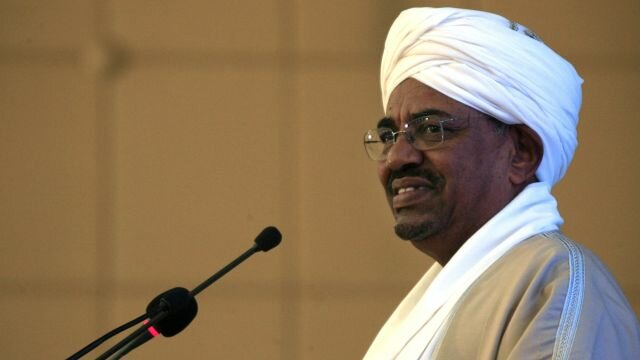Khartoum -- Sudan is qualified to become the world’s top dates exporter considering its potentials, Ahmed Ali Gineif, the Head of the Board of Trustees of Sudanese Palms
Cultivation and Protection Council has claimed.
Gineif noted that the cultivation of 15 types of imported date palms in different regions of Sudan has proved a remarkable success; expecting that Sudan will soon conquer international dates markets.
He further predicted the palms sector would contribute to boosting national economy, adding that the coming period would see improvement in palm cultivation and dates production operations to meet quality standards in order to compete in international markets.
Speaking at palms and dates festival held at Khartoum International Fair Ground, Geneif said his society chose palm as key to social and economic development, but acknowledged that additional facilities are needed to ensure quality, productions and diversifying types.
He disclosed an intention to cultivate one million types of date palms in different regions of Sudan; in addition to providing adequate training for farmers in collaboration and partnership with foreign parties.
Date palms are cultivated in Sudan from the Egyptian border in the North all the way along the Nile south of Khartoum until Sennar. In addition to the banks of the Nile, isolated occurrences of cultivated date trees occur in the Red Sea Hills in the vicinity of Port Sudan, in Kassala, along the Atbara River, in the deserts around Dongola and far Southwest in Darfur, for example in Wadi Kutum, Wadi Mellit and Barra. In all these locations, the palm trees depend on accessible ground water or on irrigation. The water for irrigation is taken either from wells or from the river Nile, where it is nowadays provided by diesel pumps. Sudan is among the countries that produce good quality dates.
-
African Development Bank Allocates $4.2 Million for WomenNext >



